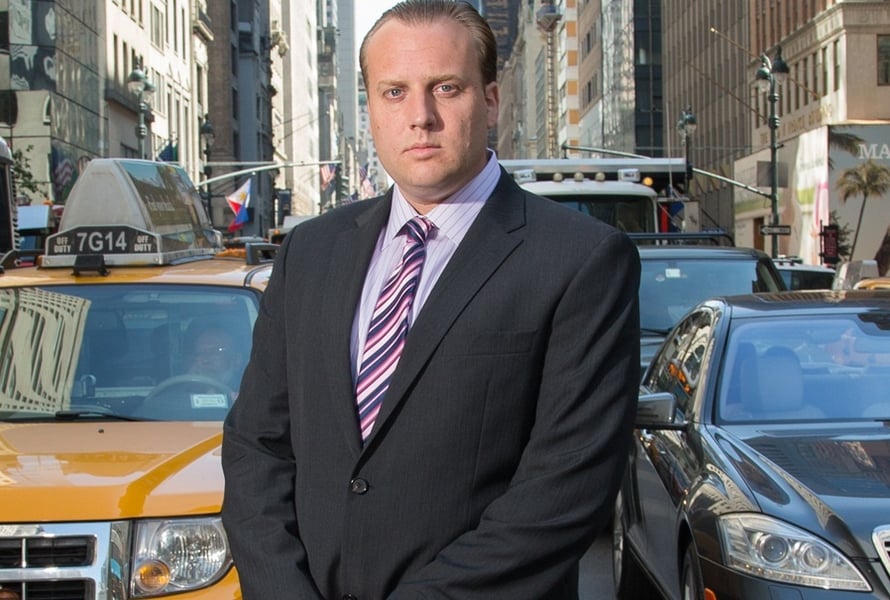

Decoding Mutual Fund Brochures pic.twitter.com/DyvaZYEBEi
— Downtown Josh Brown (@ReformedBroker) January 22, 2014I have Mortgage Fraud, Market Manipulation, Credit Card Abuse, Libor Rigging and Predatory Lending
AM I DIVERSIFIED? #AskJPM
— Downtown Josh Brown (@ReformedBroker) November 13, 20137 Deadly Social Media Sins:
Wrath = Yelp
Greed = LinkedIn
Sloth = Uber
Pride = Twitter
Lust = Tinder
Envy = Facebook
Gluttony = Instagram
— Downtown Josh Brown (@ReformedBroker) February 5, 2015
Relationships are key to our business but advisors are often slow to engage in specific activities designed to foster them.

Whichever path you go down, act now while you're still in control.

Pro-bitcoin professionals, however, say the cryptocurrency has ushered in change.

“LPL has evolved significantly over the last decade and still wants to scale up,” says one industry executive.

Survey findings from the Nationwide Retirement Institute offers pearls of planning wisdom from 60- to 65-year-olds, as well as insights into concerns.
Streamline your outreach with Aidentified's AI-driven solutions
This season’s market volatility: Positioning for rate relief, income growth and the AI rebound
